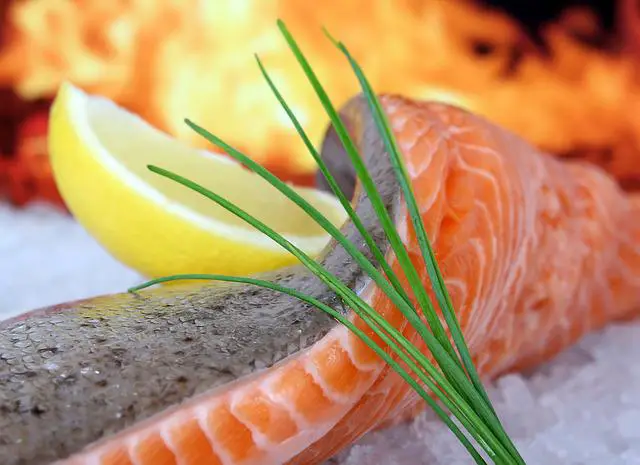
Can cats eat salmon? What are the pros and cons of eating this fish? Let’s find out together in this article.
It is well known that our little house tigers love fish, a real delicacy for their demanding palate. In short, if we want to make the little feline happy, we can count on this food. In this article, in particular, we will answer the following question: can cats eat salmon? And if so, how often? What are the pros and cons of consuming this food? The word to the experts.
Salmon in the cat’s diet
Fish is a favorite cat food. Particularly appetizing for the little feline’s palate, it should never be missing from its ideal diet.
But the pre-eminence in the feline menu, however, rests with the meat. Our little parlor tiger, even though she no longer needs to get food for herself, retains the hunter’s instincts and nutritional needs that are inherent in her DNA.
In short, the fish has the role of supplementing the feline’s diet. Among the various foods that fall into this food category, salmon is particularly valuable. It is a food with great nutritional properties and countless benefits for the human being.
Is it the same for the feline? Can cats eat salmon? The answer is yes, as the benefits it derives from consumption are different.
Fish is rich in Omega-3 fat, which is particularly healthy for the cat’s coat and skin, as well as for the joints and heart. However, there are some small clarifications to be made.
Some useful tips

The fact that the cat can eat salmon cannot be translated into the free feeding of fish, without taking into account the frequency with which the feline should feed on this food, much less the way it is served.
It is good to avoid serving raw salmon, in order to avoid health problems. Although the little cat is designed to eat raw meat, the uncooked salmon could transmit bacteria and parasites to it.
The milder consequences can result in vomiting and diarrhea in the cat; however, sometimes the problems can be even more serious. Therefore, the salmon should be given cooked to the cat; but also the cooking of the fish has its negative sides, because it deprives it of some fundamental substances for the organism of the feline.
This partly explains why fish cannot constitute the food category at the base of the cat’s diet; therefore, salmon should be administered with caution (eg once a week).
The best approach is always to consult with your trusted veterinarian, in order to identify the best strategy for the permanent inclusion of the food in the cat’s diet.
We avoid serving canned salmon to the feline, especially if excessively seasoned; in particular, smoked salmon, too rich in salt, should be banned.
We also pay attention to any food allergies: if the feline tastes salmon for the first time, it is better to give it a small portion, so as to be able to observe any negative reactions of the organism.






